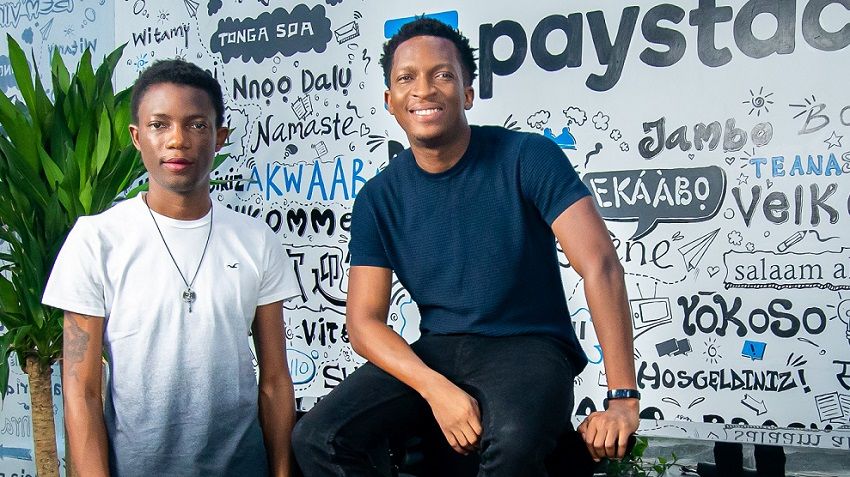Nigeria stands in a crucial moment of its history; its youth's demands for police reforms have been met with government bullets and irk-worthy schemes.
However, while Nigeria’s ageing leaders are becoming increasingly out-of-place with the new political workings of a country where half of the population is under 19 years of age, a new generation of entrepreneurs gallantly threads the needle. And US payments giant, Stripe's announcement of its acquisition of Nigerian fintech Paystack on October 15th was a proof of that, and another toast to Nigeria’s red hot fintech sector.
Similary, Nigerian payments company and African Unicorn, Interswitch, attracted a reported $200m investment from Visa in 2019, to push their valuation over the $1bn mark.
In this interview, Shola Akinlade speaks about the inner workings of the Stripe deal.

Is this a just reward for hard work?
The hard work is in fact still ahead of us. We’ve been lucky to have made it this far in four years, and even more lucky to have been given the opportunity to join forces with one of the most sophisticated payments companies in the world to solve the problem of payments and help to increase the GDP of the internet.
How did the Stripe deal happen?
Stripe and Paystack are both Y Combinator alumni, so that was the first point of contact. We were introduced to Patrick, who then offered to invest. Stripe would then lead our Series A, and along with Visa, invest $8 million in 2018.
Since then, Stripe has been a close partner, and after over two years of knowledge exchange between our teams, we’ve built up a lot of mutual respect for each other. Eventually, it became obvious that our visions were so aligned that the natural evolution of the relationship would be to join forces in this way.
What are the benefits for Stripe of this deal – are you a door to the continent for them?
Stripe’s mission is to increase the GDP of the internet, and acquiring Paystack allows Stripe drive this mission across Africa, by making online and offline payments easier for African businesses, and enabling more global companies to enter our fast-growing region.
Paystack will continue to operate independently, and as a result of joining forces with Stripe, Paystack merchants and partners can look forward to more payment channels, more tools, accelerated geographic expansion across the continent, and deeper integrations with global platforms. In fact, our South Africa pilot is now live, and we’re working towards a full launch there.
Even if the initial deal is to change nothing at the operational level for the first phase, what evolutions are you expecting after that?
For the foreseeable future, we will continue to execute against an ambitious roadmap with the support of Stripe’s resources and deep expertise.
Will you be integrated into Stripe’s global systems? Presumably that is one of the reasons for Stripe’s acquisition, but how does that work?
Over time, Paystack will contribute to expanding Stripe’s Global Payments and Treasury Network (GPTN).
This is Stripe’s programmable infrastructure for global money movement which spans 42 countries right now (and growing). This will make it much easier for Stripe’s customers to extend into Africa.
Interview Sourced From: The Africa Report.


